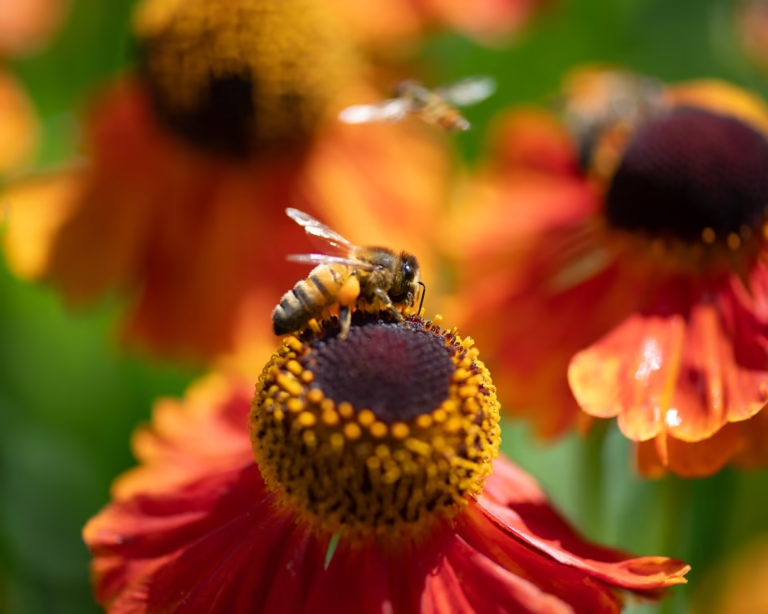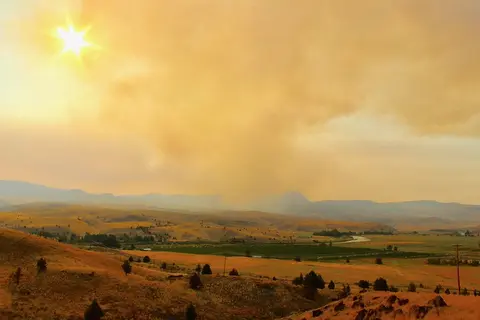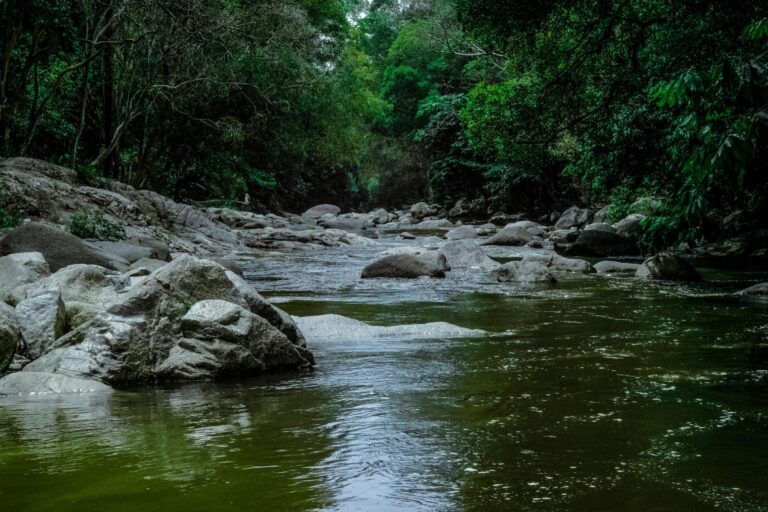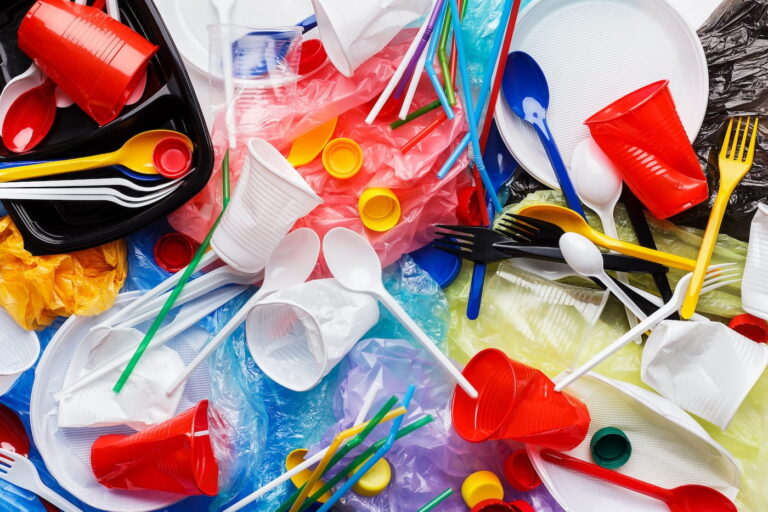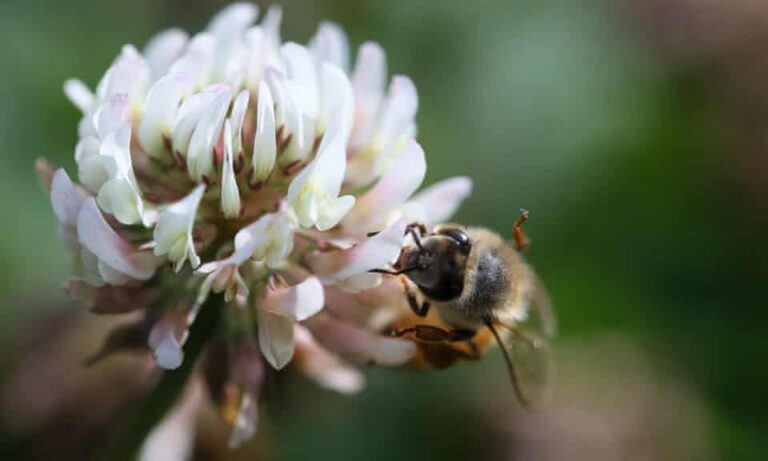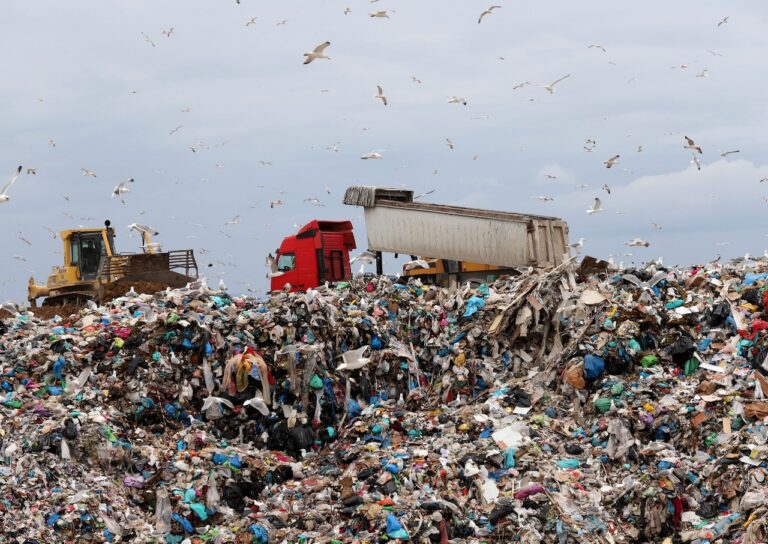European territories in search of ecological transition
Abandoned mine in Pernik, Bulgaria – © trabantos/Shutterstock The EU Just Transition Fund supports the European regions most affected by the abandonment of fossil fuels, financing green innovation, job retraining and environmental clean-ups. Its implementation, however, is proceeding very slowly The European Union’s transition to climate neutrality, as outlined in the Green Deal, is one…


